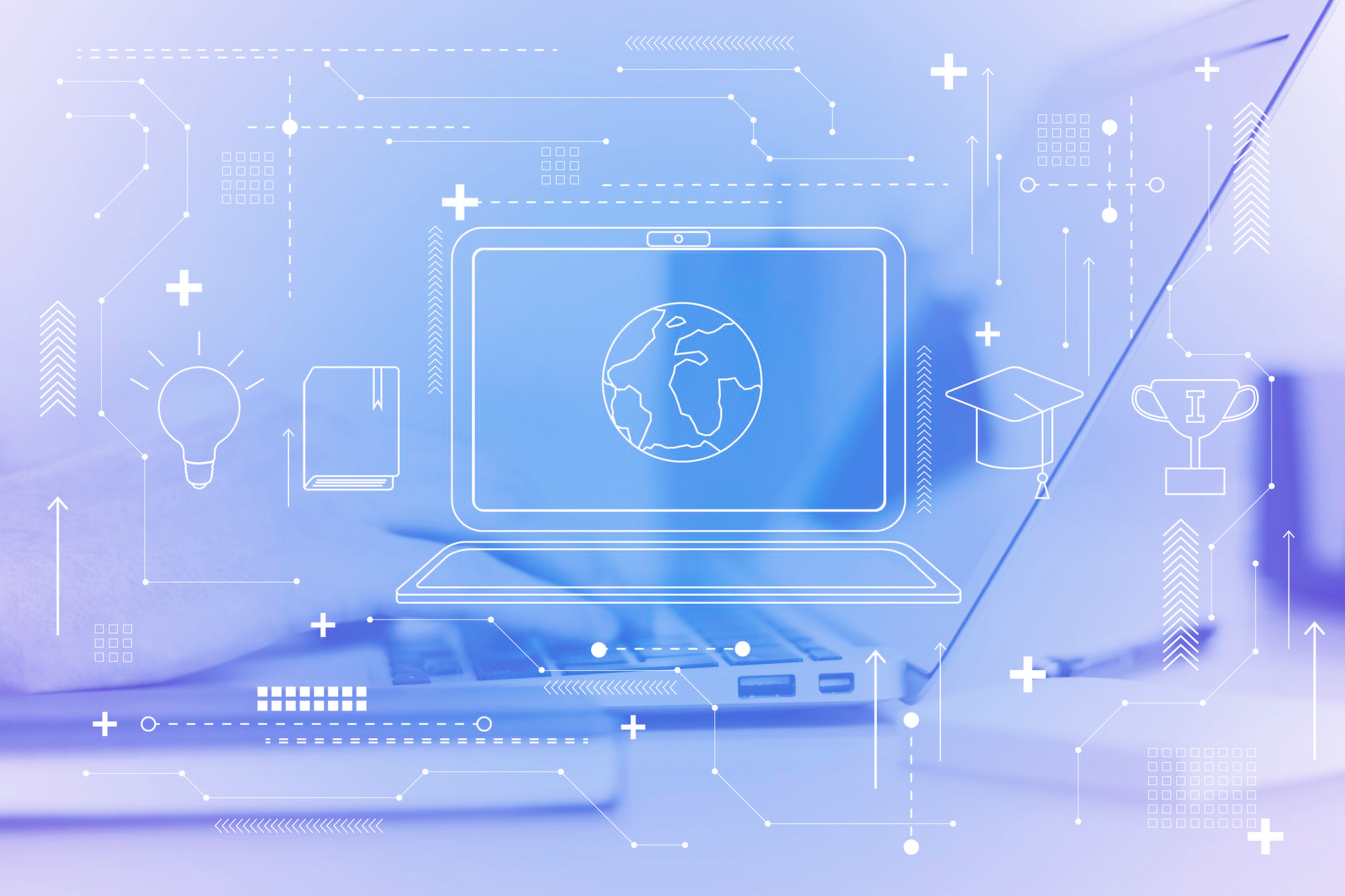
The rapid evolution of digital society has fundamentally transformed how we interact, work, and learn. The NEXT project, an innovative initiative under the ERASMUS+ KA2 Program, recognizes this transformation and aims to revolutionize higher education by incorporating cutting-edge technologies to prepare students for the next-generation job market. As global workspaces increasingly shift toward virtual environments, there’s an urgent need to equip students with both professional expertise and the ability to operate effectively in these new digital realities.
The intense process of digital transformation is leading to the emergence of revolutionary ways of social connection and professional interaction. At the forefront of this transformation is the Metaverse, which represents a convergence of physical and digital worlds, offering unprecedented opportunities for immersive learning experiences. Through Metaverse-based platforms, students can engage in virtual collaborative spaces that simulate real-world professional environments. These technologies enable practical skill development in a safe, controlled environment while fostering global connectivity. Virtual and Augmented Reality technologies are similarly transforming traditional learning methods into interactive, experiential sessions. Students can now practice complex procedures in virtual laboratories, participate in simulated professional scenarios, engage with three-dimensional models and data visualizations, and experience virtual field trips to otherwise inaccessible locations. This immersive approach to education ensures that graduates are not just familiar with these technologies but are comfortable using them in professional settings. The future workplace also demands proficiency in hybrid communication tools and platforms, which is why the NEXT project emphasizes developing essential skills through virtual collaboration environments, digital project management tools, and cross-cultural communication platforms.
The NEXT project’s digital transformation initiative extends beyond just technological integration. It aims to becomes a social project that ensures equal learning opportunities for students with disabilities and those in remote areas, have access to the same high-quality learning resources as their peers. This commitment to inclusivity not only fosters equality but also equips all students to compete in a digital-first labour market.
The job market of tomorrow will require a unique blend of technical and soft skills, and the NEXT project’s learning resources focus on developing competencies in AI-supported human-machine collaboration, virtual workspace management, digital resource handling, cross-platform communication, and data management and analysis. These skills are becoming increasingly essential as organizations worldwide embrace digital transformation and seek employees who can navigate complex digital environments with confidence.
Thus, the NEXT project serves as a bridge between traditional academic learning and the demands of the evolving digital workplace. By embracing emerging technologies and innovative teaching methods, we’re not just preparing students for existing jobs – we’re equipping them with the adaptability and digital literacy needed for careers that haven’t yet been created. Through this comprehensive approach to digital transformation in higher education, the NEXT project is helping to create a workforce that is not only technically proficient but also adaptable, innovative, and ready to thrive in the rapidly evolving digital economy of tomorrow. This forward-thinking approach ensures that graduates are well-prepared to meet the challenges and opportunities of the future job market, where digital literacy and technological adaptability will be key determinants of professional success.

